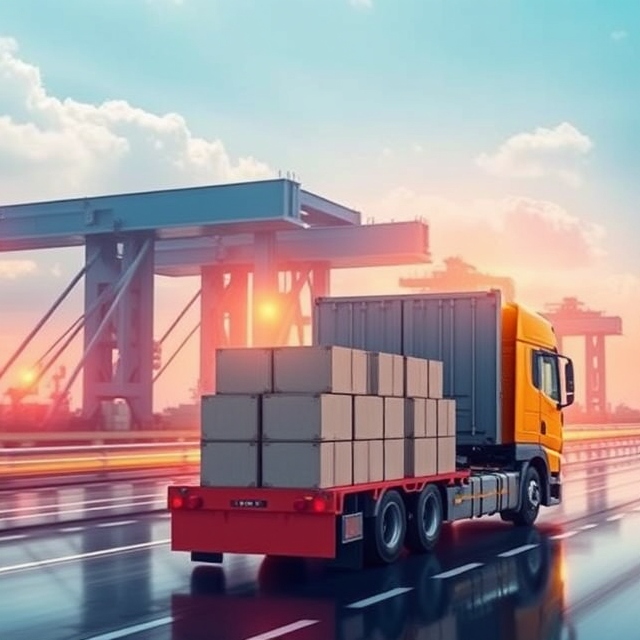Logistics plays a pivotal role in streamlining India’s supply chain operations, ensuring efficiency, cost-effectiveness, and customer satisfaction. While the sector has made significant strides, challenges like high costs, infrastructure gaps, and fragmentation still need to be addressed.
With government initiatives, technological advancements, and private-sector innovations paving the way, India’s logistics industry is poised for transformative growth. By focusing on building resilient, sustainable, and efficient logistics networks, India can unlock the full potential of its supply chain operations and strengthen its position in the global economy.


